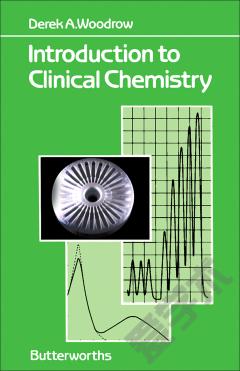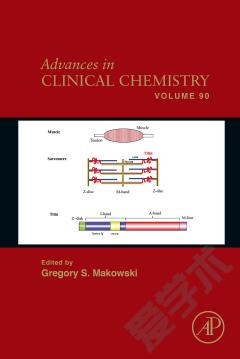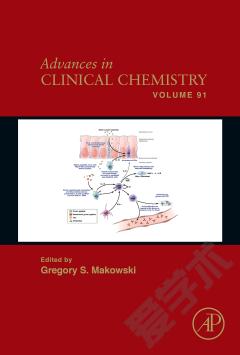Introduction to Clinical Chemistry
Introduction to Clinical Chemistry presents the physiological background for a number of investigations. It discusses the principles and analytical techniques in clinical chemistry. It addresses the basic understanding of chemical pathology. Some of the topics covered in the book are basic principles of metabolic chemistry; disorders of carbohydrate metabolism; nitrogen metabolism; inborn errors of metabolism; chemical endocrinology; assessment of hormonal function; liver function; the formation of bile; and the synthesis and metabolism of amino acids and protein. The storage of carbohydrates and removal of toxic substances from the body are covered. The assessment of liver function is discussed. The text describes the renal function and acid-base metabolism. A study of the renal tubular reabsorption and excretion is presented. A chapter is devoted to the hydrogen ion concentration and analytical techniques in potentiometric determination. Another section focuses on the measurement of osmolality. The book can provide useful information to scientists, physicists, doctors, students, and researchers.
{{comment.content}}








 京公网安备 11010802027623号
京公网安备 11010802027623号